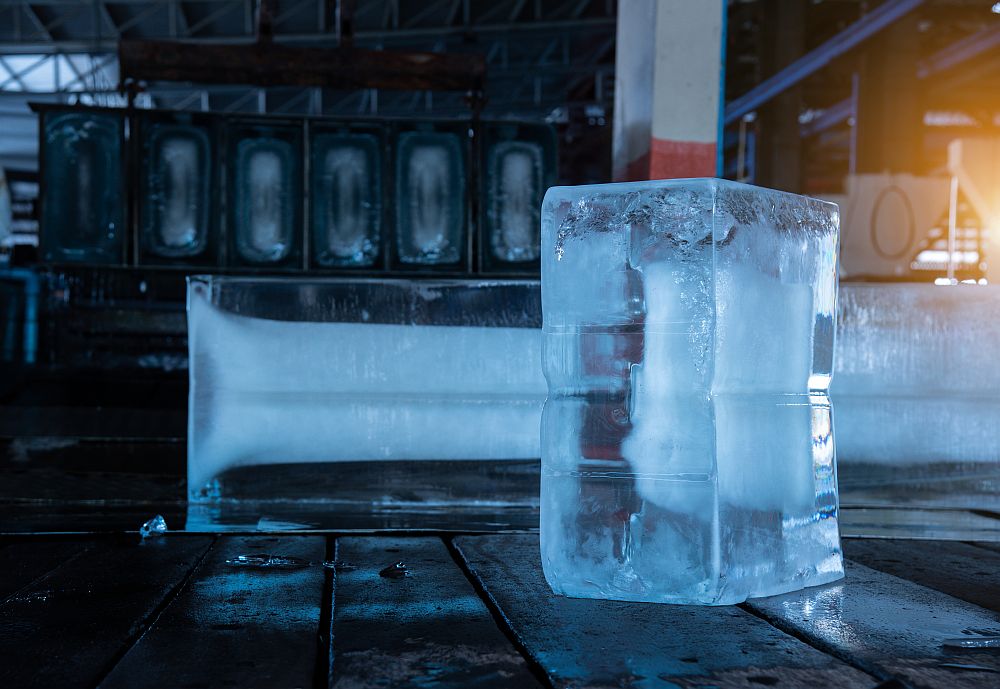
[Image above] Working moms are not just moms—they are working adults as well, for which they should be equally celebrated! Credit: Free SVG (public domain)
For many women around the world, the second Sunday of May holds special significance—it’s Mother’s Day!
Every year around Mother’s Day, I see tons of articles suggesting ways to help your mom celebrate, from serving breakfast in bed to making homemade bath bombs. A lot of these suggestions focus on the idea that your mom deserves a break from the usual routine of being a mom. However, there is something often overlooked by these articles—many women today need a break from being both a mom and a working adult.
A 2019 study by the Pew Research Center found 72% of United States moms are employed today, either full-time or part-time, up from 51% in 1968. And while 84% of full-time working mothers said their current employment situation is what’s best for them at this point in their life, 47% said being a working parent makes it harder for them to advance in their job or career.
On Mother’s Day, it is important that we celebrate not only the “mom” part of “working mom” but the “working” part as well. And that’s what we are doing today, by featuring some awesome women scientists (who also happen to be moms!).
Mothers in Science
One great place to meet women scientists who are also moms is Mothers in Science, a community co-founded by a science communicator and medical physics and radiation therapy professional.
The website features stories from dozens of mothers in science. Not sure where to start? Meet materials scientist Jasneet Kaur, who researches novel nanomaterials for clean energy devices, environmental remediation, and food safety applications.
In addition to the online community, an unrelated booklet called “Mothers in Science: 64 ways to have it all” also features numerous mothers in science.
University of Cambridge professor of plant development Ottoline Leyser wrote the booklet in 2008 as part of her Rosalind Franklin Award from the Royal Society. The booklet illustrates how women have successfully combined motherhood with a career in academic science by featuring a timeline for each woman showing the career path in academic science on one side and important events in her family life on the other.
The booklet includes several materials scientists, such as Lesley Smart, who studies the solid-state chemistry of ceramic pigments, new materials, and catalysts for industrial processes and fuel cells; and Polina Bayvel, who studies optical communications and networks.
Challenges of being a scientist and a mom
There are many challenges that come with being a working parent, especially when your job involves doing science.
In a special post on the Scientific American “Voices” blog, which explores and celebrates diversity in science, University of California, Davis professor Rebecca Calisi talks about her challenges being a mother in science and how she worked with other such women to publish an article on tackling the childcare–conference conundrum.
“I wanted mothers and those considering starting a family to know that forty-six of us were willing to speak up for them and demand change. This piece was more than a recommendations guide for conference organizers; it was a blueprint for how to support an equitable environment by normalizing our needs as parents in academia and beyond.”
Rebecca Calisi, Scientific American
Mothers in science behind the scenes:
Jacqueline Jenkins-Nye, top-secret codebreaker
Sometimes mothers in science are hiding right under our noses, behind the famous scientists they helped to raise. In 2015, one of these women came to light in the promo for a documentary on one very famous scientist—Bill Nye.
Two fans started a Kickstarter to raise money for a documentary on Bill Nye, and as covered in a BuzzFeed article at the time, a clip from the planned film focused on Bill Nye’s mother, Jacqueline Jenkins-Nye.
During World War II, Jenkins-Nye was in the Navy and was recruited to work on cracking Enigma, a device used by the German military command to encode strategic messages before and during World War II. (The story of cracking Enigma was dramatized in the 2014 film The Imitation Game.)
“Clearly it was the most satisfying time of her professional career,” Nye says in the video.

Credit: Bill Nye Film, YouTube
Do you know other mothers in science? This Sunday, take the time to celebrate them, both for what they do as mothers and for what they do for science!
Author
Lisa McDonald
CTT Categories
- Education


